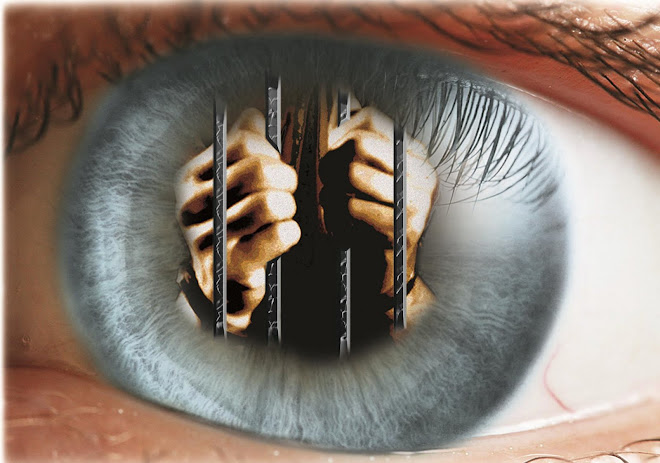The following is an excerpt from Part Two:
Books Not Bars (www.booksnotbars.org) is a California based organization that campaigns for regional rehabilitation centers in lieu of warehouse-style prison systems. Tremendous results are being achieved. In Missouri’s model humane programming, they spend about half as much per criminal. The recidivism rate is around 15%, as compared to California Youth Authority’s 75% failure rate. In the preface to I Cried, You Didn’t Listen by Dwight E. Abbott, Books Not Bars writes that the criminal justice systems are:
“...inhumane, abusive, and counter-productive...prisons essentially institutionalize abuse, and add trauma to the lives of troubled... people. One of the terrible ironies...is that the very skills and socialization that are needed to survive inside these institutions are unacceptable— and even criminal— outside prison walls...there is no possibility of treatment or rehabilitation.”
Dwight tells the sad and horrifying story of growing up within the prison system. He tells of brutality and the struggle for survival. He reveals how systematic mistreatment perpetuates a cycle of criminal behavior...
Books Not Bars has a membership of around three hundred families with young people in the corrections system. They go on to point out that “within incarcerating institutions, violence in all its forms—sexual assault, cliques, crews, and gangs, emotional abuse—is essentially about power and control, both over others and over one’s own sense of self.” Prisons protect and punish. Society is protected from the threat that a criminal on the loose might present. Punishment associated with pain and suffering would seem a fitting response to an offender’s infringement on others rights. The crux of the issue is how to define that punishment. My personal experience at the ACI was that punishment involved merciless mistreatment.
Monday, January 31, 2011
Subscribe to:
Post Comments (Atom)





No comments:
Post a Comment